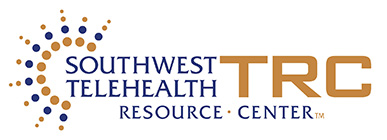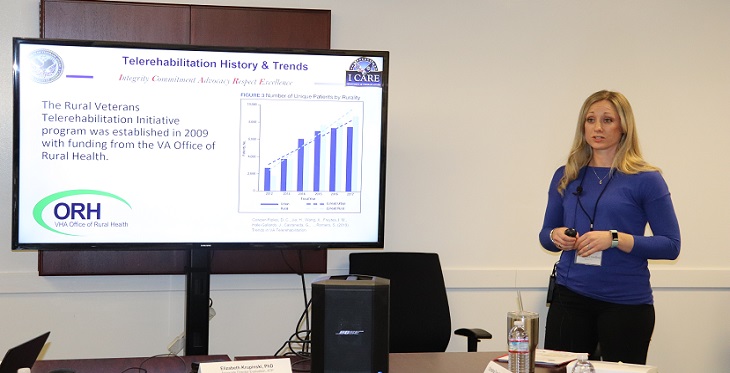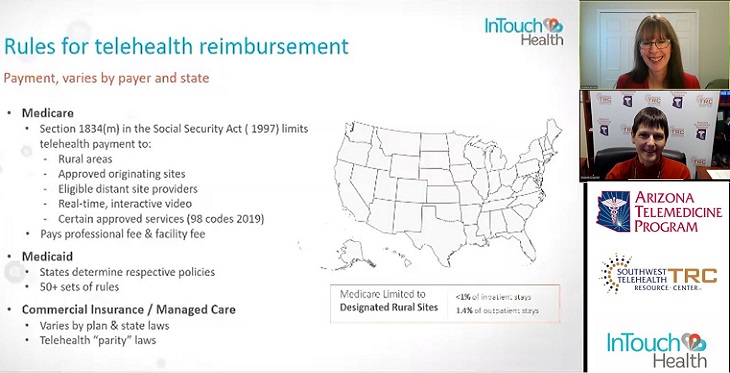Making Telemedicine Feasible for Everyone – Especially Those With Physical Challenges

Telemedicine has for years been touted as providing access to healthcare for everyone, anywhere, anytime and it has been quite successful in doing so in many respects but disparities still exist among a number of patient populations. In particular, those who traditionally have challenges accessing healthcare due to physical challenges often experience similar or even greater challenges with telemedicine. Think about for a minute. Telemedicine is predominantly provided using audio and/or video-based telecommunications technologies. This fundamental fact of how telemedicine visits occur can actually exacerbate digital disparities.










